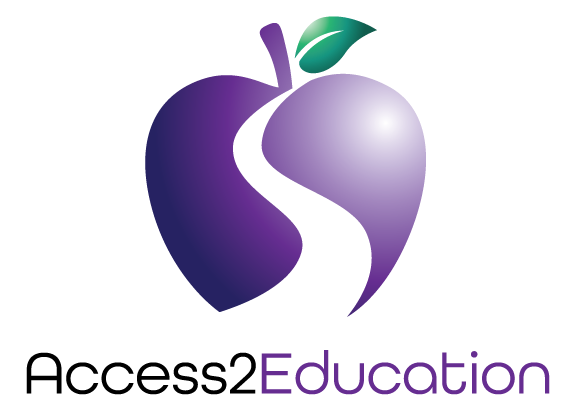Big Heart Big Dreams
This week on the blog a candied discussion with a mom who’s 4 year old son has Down Syndrome. The conversation opened up to understanding the love and openness she and her son have to the world. That just because his not neurotypical does not mean he can’t or wont do things. It means things will be different for him but not impossible. It means the people around support his development and work to ensure he can and will succeed.
What is Down Syndrome?
As schools become more and more inclusive it is becoming more and more important that people gain an understanding of differences. All those in the schools, teacher, parents, educators and community members need to take the approach that having a diversity in our schools provides opportunities for students to learn and see differences. Rather then being afraid of things that are different they are given the chance to experience it, ask questions and become comfortable.
Down Syndrome is defined as a congenital disorder arising from a chromosome defect, causing intellectual impairment and physical abnormalities including short stature and a broad facial profile. It arises from a defect involving chromosome 21, usually an extra copy (trisomy-21). It does not mean the child will never be successful or achieve things. It will mean, yes, things will take longer. That perhaps supports will be needed throughout their lives, but they are incapable of understanding and learning.
World Down Syndrome Day will be Saturday March 21st 2020. Get your BLUE and YELLOW read!!!
My interview with a mom who’s son has Down Syndrome
1. Can you tell me a little about your child and what their challenge is?
My little boy, Callum James, was born with nondisjunction Trisomy 21 otherwise known as Down Syndrome. The most common type of trisomy 21 of the three. He is a happy and very active 4.5 year old who just started JK this year. He is still working on his fine motor skills and has minimal vocal language. He uses gestures and ASL to communicate his needs which he is quite effective at.
2. When did you first realize your child was possibly special?
At 12 weeks of gestation we had a top end of the "normal" range measurement in his nuchal fold translucency test. That plus my maternal age and other IPS screenings led to a level 2 ultrasound. This at 14 weeks we did the next level ultrasound and they saw several soft markers including; a sandal gap in his toes, an echogenous focus on his heart (bright spot) and shorter length humerous and femurs which are consistent to Trisomy 21 (T21/DS). ( also congruent with my hubb's physiology funny enough) They gave us a 50/50 chance of our son having T21.
We did an NIPT test and found out 98-99% positive for DS at 18 weeks. Confirmed at birth.
3. How has your child’s difference affected your life or theirs?
I would say he has had a profound impact on our life. He has an incredible way of bringing out peoples best selves. He is my only child (aside from two wonderful step daughters who were 10+ when the came into my life) and I don't know how differently I would have raised him compared to a neurotypical child. He's taught us to marvel at the small things. Cheer on the little moments. The "inch"stones. He works so hard to do things that come so easily to some of his peers and he is incredibly proud of himself when he finally gets it. Slowing things down and to appreciate all is his gift. Also hugging and loving with his whole heart and soul. He's made me more empathetic and compassionate as well as tolerant.
4. What is the one thing you wish people knew about your child?
I wish they knew that just because he doesn't speak, doesn't mean he doesn't understand. He has a huge receptive vocabulary. If you give him time to respond, he will let you know what he likes and feels. It may not be in the traditional way you're used to, but talking isn't the only way to communicate. No words doesn't equal nothing to say.
5. If you could describe their biggest strength would it be?
His compassion and empathy for his friends and family. He loves to comfort friends and share his toys and snacks. He is quick with a hug and smile. His joy for life. This definitely doesn't mean he is always happy. He has many moments of unhappy, grumpy, whiny full gamut of emotions. That being said, the joy he takes in time spent with others and connection with others (animals and people) and his ability to pull the best out of you is his biggest strength. His super power if you will.
6. If you could say anything to their teacher what would tell them?
Presume competence. He may take longer or need to find a different way to tackle things, but he can and will do things. Work with him, not for him. He won't learn if you do it for him. Show him how to be independent so he CAN be. He is Capable.
Seeing the whole child can be the difference between moving forward and standing still.
Do you know someone who’s child has DS? Do you have questions about how to support a child with DS? Do some research and ask questions. There is no greater fear then fear itself in learning and understanding.
Have you gotten your FREE IEP binder organizer? If not join the mailing list to get your FREE PDF.












June can be a scary time of year for those who struggle with transitions. Looking at BIG T Transitions and little t transition can help you build a transition to ensures the success of your child.